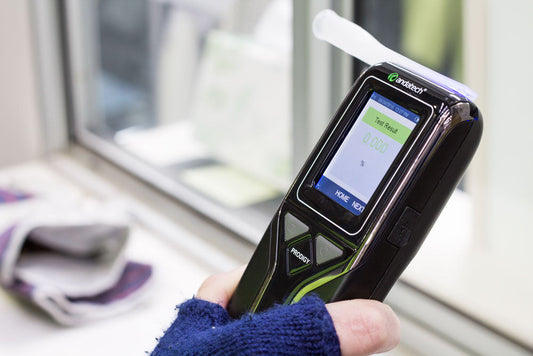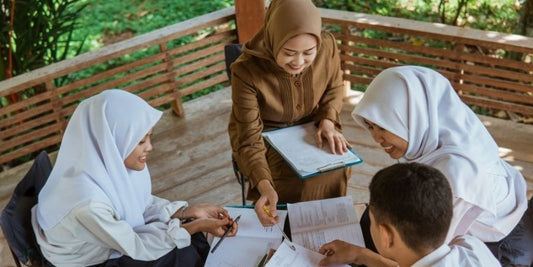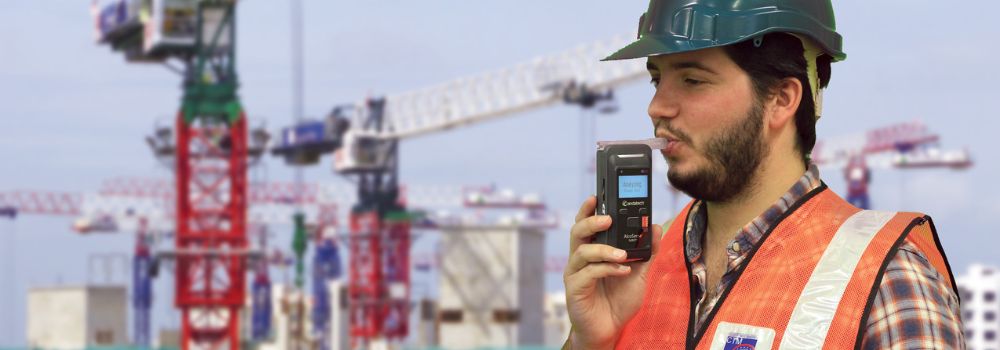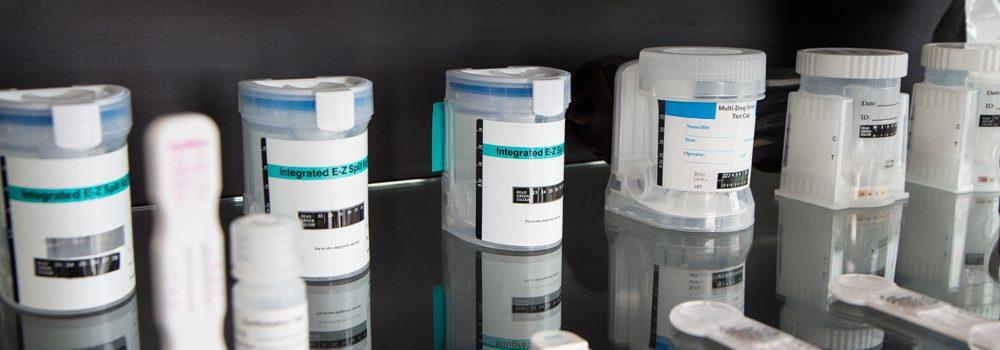Malaysia has officially expanded the Drug Dependants (Treatment and Rehabilitation) Act 1983 (Akta 283), marking an important step in the country’s fight against substance abuse.
For the first time, this law doesn’t just apply to narcotic drugs—it also covers other forms of substance misuse, such as ketum (kratom) and glue sniffing. This change reflects the reality of today’s substance abuse challenges and shows how the government is taking a broader, more inclusive approach to protecting communities.
What has changed under the new Akta 283?
Originally, Akta 283 focused only on drug addiction and rehabilitation. The 2024 amendments expand its scope to include all kinds of substance abuse.
This means that individuals misusing substances like ketum or inhalants can now be:
- Arrested under the Act,
- Referred for treatment and rehabilitation, and
- Monitored through enforcement by the National Anti-Drug Agency (AADK).
AADK Director-General Datuk Ruslin Jusoh noted that this is not a simple change—it comes with new duties, enforcement powers, and carefully designed procedures to ensure effective treatment and rehabilitation.
Why this matters for Malaysians
The expansion of Akta 283 has direct and indirect impacts on all Malaysians:
- Broader protection – Families and communities now have more support in addressing substance misuse beyond traditional drugs.
- Early intervention – Individuals misusing ketum or inhalants can access structured treatment before problems escalate.
- Safer communities – By tackling a wider range of harmful substances, the Act helps reduce risks such as crime, accidents, and health emergencies linked to abuse.
- National resilience – Substance abuse weakens communities. This law strengthens Malaysia’s ability to build healthier, drug- and substance-free environments.
Kampung Angkat Bebas Dadah (KABD): Community-level action
Alongside the enforcement of the amended law, AADK launched the Kampung Angkat Bebas Dadah (KABD) initiative.
- Each state will designate one “Drug-Free Village” for targeted programs.
- Communities will be profiled by their risk level (high, medium, low).
- Local leaders and residents will be engaged as partners in prevention and monitoring.
- Reports will be delivered every six months to track progress.
This initiative aims to create resilient, drug-free communities by combining prevention, treatment, rehabilitation, and enforcement.
A comprehensive approach to substance abuse
Malaysia’s updated strategy shows a clear shift: enforcement alone is no longer enough. Prevention and rehabilitation must go hand in hand with stricter laws.
The amended Akta 283, together with initiatives like KABD, reflects a more holistic approach to tackling substance misuse. By addressing both drugs and other harmful substances, the government is working toward a safer, healthier Malaysia for everyone.
Conclusion
The new Akta 283 is a reminder that substance abuse goes beyond drugs, and its effects touch every corner of society—from families to workplaces and communities.
By expanding the law and launching grassroots initiatives, Malaysia is taking strong steps toward a future where substance misuse is addressed not just through enforcement, but also through compassion, treatment, and prevention.
Contact Andatech Malaysia to learn more about creating a drug-free community today!
Disclaimer: The information provided in this article is for general reference only. Please seek advice from professionals according to your business’s needs.
Written by Andatech Malaysia









